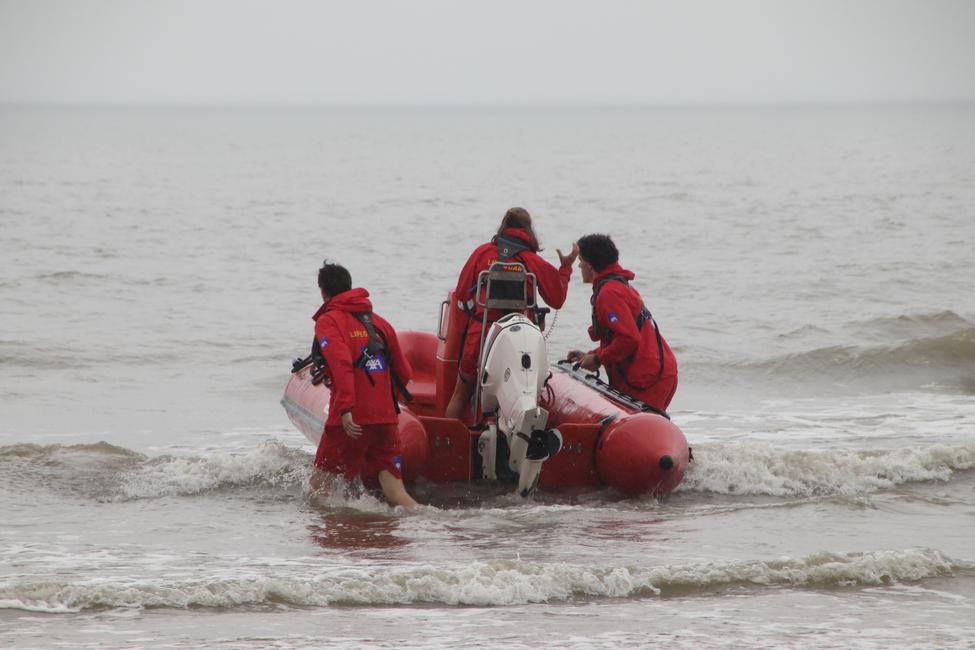I’m awed by the heroism of “the Fukushima fifty” – the brave men (and women?) working to prevent nuclear catastrophe at Fukushima Dai-Ichi. Their efforts may well prove too little, too late, but that’s no fault of the heroes who fought on, despite the high probability that doing so would kill them: “Five are believed to have already died and 15 are injured while others have said they know the radiation will kill them.”
It’s easy to say the needs of the many outweigh the needs of the few. But when you find yourself one of the few who must choose whether to sacrifice for the good of the many, the philosophical statement is far from obvious.
My heart nearly broke reading [this](http://www.dailymail.co.uk/news/article-1369216/Japan-nuclear-crisis-Fukushima- Fifty-pictures-inside-nuclear-power-plant.html):
A woman said her husband continued to work while fully aware he was being bombarded with radiation. In a heartbreaking email, he told his wife: ‘Please continue to live well, I cannot be home for a while.’ > > One girl tweeted in a message translated by ABC: ‘My dad went to the nuclear plant, I’ve never seen my mother cry so hard. People at the plant are struggling, sacrificing themselves to protect you. Please dad come back alive.’
The gutless wonders of this disaster are the greedy TEPCO executives who sat on their hands in their comfortable Tokyo skyscrapers after the earthquake and tsunami, refusing to cool the reactors and spent fuel containment pools with seawater, though this was absolutely necessary:
Michael Friedlander, a former senior operator at a Pennsylvania power plant with General Electric reactors similar to the troubled ones in Japan, said the crucial question is whether Japanese officials followed G.E.’s emergency operating procedures. Those procedures are “crystal clear” on how to determine when reactors should be flooded, Mr. Friedlander said, and operators at the plant should have practiced many times over the years how to flood them with seawater.
The Wall Street Journal says TEPCO executives lost critical days due to greed:
The plant’s operator—Tokyo Electric Power Co., or Tepco—considered using seawater from the nearby coast to cool one of its six reactors at least as early as last Saturday morning, the day after the quake struck. But it didn’t do so until that evening, after the prime minister ordered it following an explosion at the facility. Tepco didn’t begin using seawater at other reactors until Sunday. > > Tepco was reluctant to use seawater because it worried about hurting its long-term investment in the complex, say people involved with the efforts. Seawater, which can render a nuclear reactor permanently inoperable, now is at the center of efforts to keep the plant under control. > > Tepco “hesitated because it tried to protect its assets,” said Akira Omoto, a former Tepco executive and a member of the Japan Atomic Energy Commission, an official advisory body involved in the effort to tame the plant…. > > “This disaster is 60% man- made,” said one government official. “They failed in their initial response. It’s like Tepco dropped and lost a 100 yen coin while trying to pick up a 10 yen coin.”
The New York Times also suggests executives risked national disaster in the vain hope of keeping those plants alive and boosting their corporate profits.
TEPCO executives’ greed is killing not only their countrymen but – with horrifying irony – also TEPCO’s workers and perhaps even TEPCO itself. The worse this disaster grows, the greater the likelihood TEPCO, and perhaps the entire Japanese nuclear industry, will be shut down.
TEPCO executives’ greed will wind up killing many Japanese, and TEPCO plant workers’ heroic self-sacrifice may save many lives, while leaving some workers’ families without their heroic dads and husbands.
(With appreciation to Hilde Demeester for the photo on Unsplash)
